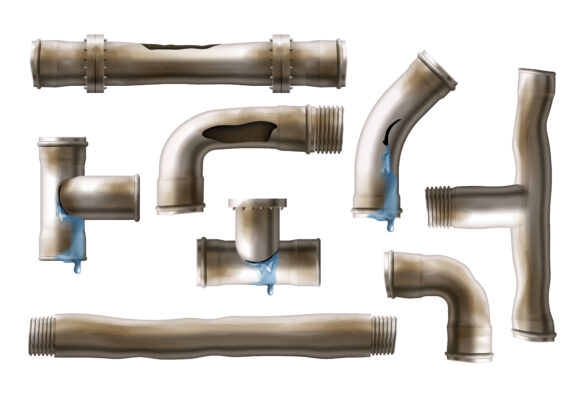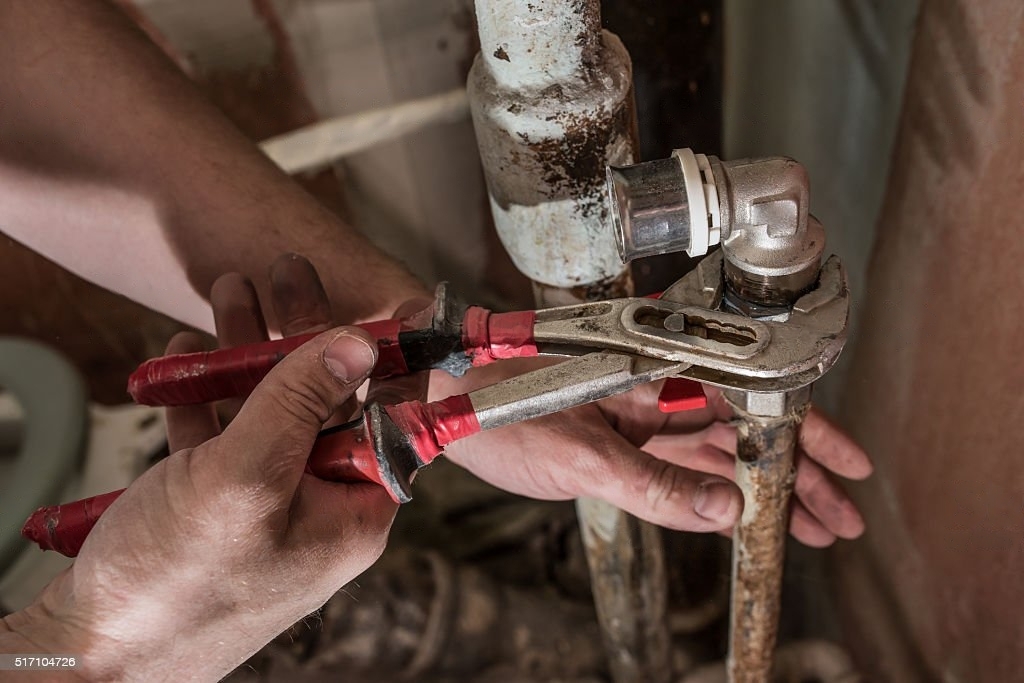Pipe corrosion is a common problem that affects plumbing systems of all kinds, from residential homes to commercial buildings and industrial facilities. It is a natural process that occurs over time, as metal pipes interact with the environment, water, and other materials in the plumbing system. In this blog, we will explore the causes and effects of pipe corrosion, as well as the practical solutions for preventing and addressing this issue.
Causes of Pipe Corrosion

There are several factors that can contribute to pipe corrosion, including water chemistry, temperature, pressure, and the presence of dissolved oxygen or other chemicals in the water. These factors can cause different types of corrosion, including:
- Galvanic corrosion: This occurs when two different types of metal pipes are connected in a plumbing system, creating an electrochemical reaction that leads to corrosion.
- Pitting corrosion: This occurs when small pits or holes develop in the surface of a pipe due to chemical reactions or physical damage.
- Erosion corrosion: This occurs when water or other materials flow through the plumbing system at high speeds, causing erosion and wear on the pipes.
Effects of Pipe Corrosion
Pipe corrosion can cause a variety of problems in a plumbing system, including:
- Reduced water flow: Corrosion can cause pipes to become clogged or narrowed, reducing the flow of water through the plumbing system.
- Water discoloration: Corrosion can cause water to become discolored, due to the presence of rust, sediment, or other materials in the water.
- Leaks and water damage: Corrosion can weaken pipes, leading to leaks and water damage in the building or facility.
Preventing and Addressing Pipe Corrosion
There are several practical solutions for preventing and addressing pipe corrosion in plumbing systems, including:
- Regular maintenance: Regular inspections and maintenance of the plumbing system can help identify and address corrosion issues before they become more serious.
- Proper installation: Proper installation of pipes, fittings, and other components can help prevent corrosion, by ensuring that the plumbing system is designed to minimize contact between different types of metal pipes.
- Protective coatings and materials: Applying protective coatings and materials to the surface of pipes can help prevent corrosion, by creating a barrier between the metal and the environment.
In conclusion,
pipe corrosion is a common and complex issue that affects plumbing systems of all kinds. By understanding the causes and effects of pipe corrosion, and by implementing practical solutions for preventing and addressing this issue, building owners and facility managers can ensure the long-term health and reliability of their plumbing systems.

